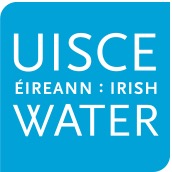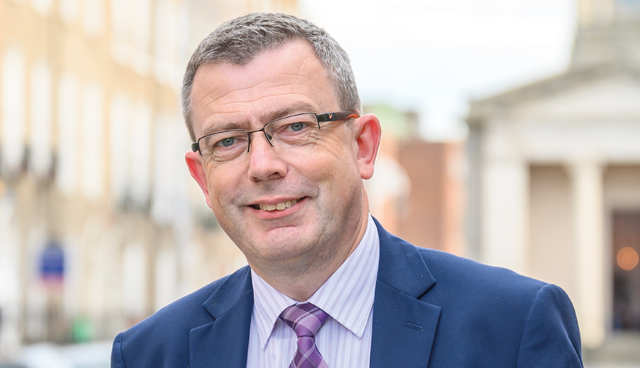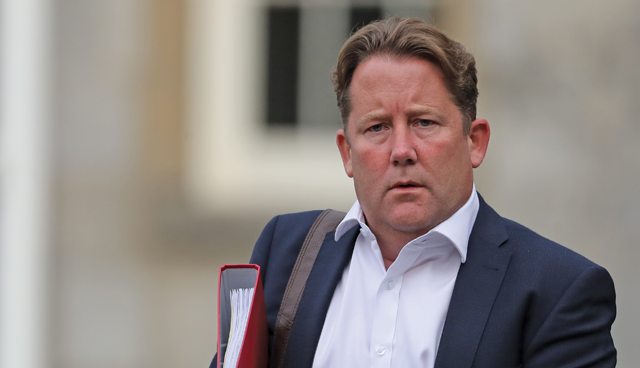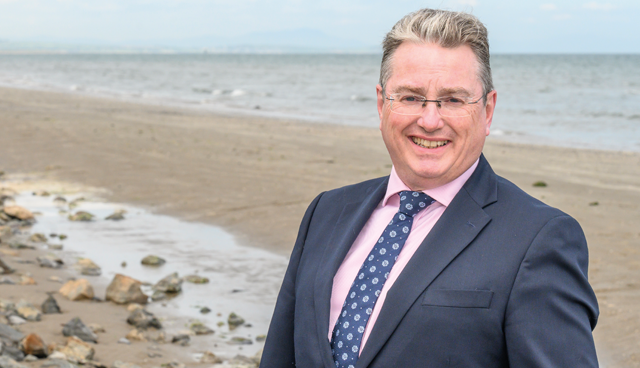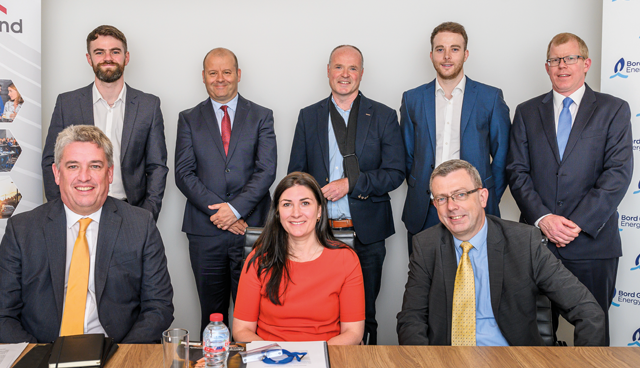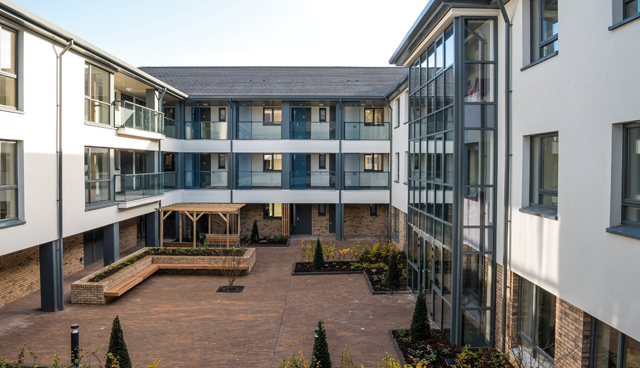
RPZs containing rent increases
4th July 2022
Eoin Ó Broin TD: ‘As the housing crisis deepens the case for an alternative grows’
4th July 2022Proactively supporting the delivery of housing in Ireland

Irish Water’s Housing Programme Director Yvonne Harris is making the delivery of housing in Ireland her top priority, leading a new housing programme for the water utility.
The challenges facing the Irish housing sector are well known. Lack of supply for both private and social housing, rising building costs and issues around planning are just some of the elements making it increasingly difficult for those looking to buy a home.
Sadly, too many people are experiencing difficulties in securing a home. Everybody should have access to good quality housing to purchase or rent at an affordable price and enjoy a high quality of life. That’s what I’d love for my children, they have both finished third-level education now and it’s tough to see how much harder it is for their generation to get a foot on the property ladder.
Irish Water recognises we have a role to play and are committed to playing our part in the national drive to provide homes to people who need them by developing and prioritising the delivery of key water service infrastructure.
We are working in partnership with government departments, local authorities, and developers to support the increase of housing supply. We have significantly increased our ability to support the housing industry; our dedicated connections and developer services team offer a range of resources and support material for developers, extending a helping hand through the entire process from the housing development pre planning stage right through to construction and delivering safe drinking water to their homes.
I’m delighted to confirm that strong progress has been made, with 32,404 housing connections offered in 2021. In addition, having listened to industry and our partners, we have developed and published capacity registers on water.ie to give an indication of water and wastewater capacity at our treatment plants, making it easier for developers and local authorities to prioritise areas with services.
Building on progress
Irish Water has transformed the system for connecting to the water service infrastructure by bringing a unified national approach to what had been a fragmented county by county approach. Before this, there had been 57 different charging regimes and 900 methodologies, with different levels of service across the 31 local authorities. We have replaced this with a single set of processes and procedures that apply regardless of location, and a national connection charging policy with a set of standard charges approved by the Commission for Regulation of Utilities (CRU). This provides more certainty and fairness for developers.
To ensure the homeowner receives a good quality service into the future, we moved to a standard Code of Practice and a single set of quality standards which presented a challenge initially, as everyone was accustomed to the old, local models. We are really grateful that industry has moved with Irish Water and supports the new ways of working. We have had very positive feedback from industry representatives as the new system has now bedded in.
Having inherited an old and ageing infrastructure, Irish Water is working closely with the CRU to facilitate proactive development of infrastructure to support housing. Under the Housing for All strategy, Irish Water has an obligation to support growth and we are delighted that we have agreed a mechanism with the CRU to allow us to identify potential areas of growth and invest in those areas.
One such example is Ballyvolane in Cork where there is significant pressure for development in the area, designated as an Urban Expansion Area (UEA) in the Cork County Development Plan. The UEA is in close proximity to the northern suburbs of Cork city. Irish Water identified a need for key strategic water and wastewater infrastructure to support social and economic growth and future development for new homes and businesses, enabling development of over 3,000 new houses. Following engagement with the CRU, we are investing €8.8 million in constructing a new wastewater pumping station, a foul sewer rising main and new watermains under the Irish Water Capital Investment Plan.
Working together
Over the past few months, I have met a number of developers and listened to their concerns. As the national water utility, we have an obligation to adhere to our regulatory model and to protect our assets and our existing customers. In line with those guiding principles, we continue to improve and review our policies and procedures.
Some improvements Irish Water has already made over the past 12 months include:
1. Publication of our capacity registers on the Developer section of our website will support all stakeholders. Please see www.water.ie/connections/developer-services/capacity-registers
2. We have piloted our Self Lay in the Public Road programme based on feedback from industry members, we have extended the criteria to allow a greater number of developments to participate on the programme. We continue to extend the scope of this programme and look forward to announcing further improvements. Please see www.water.ie/connections/developer-services/self-lay-in-the-public-road
3. We launched our Experience Based Accreditation scheme on 24 June 2022, 18 months ahead of plan to allow contractors pre-register as an experience based accredited contractor for self-lay projects in the public road. Accreditation will support a more efficient process for self-lay applications.
4. We have made our submission to the CRU to support the First Mover Initiative and look forward to the CRU’s public consultation.
Irish Water is committed to open communication and working together to proactively support the delivery of housing in Ireland.
We are working to develop effective partnerships built on trust to meet the housing supply challenge and we are here to listen to our stakeholders and take action. We are proactively making this happen by hosting, presenting, or attending relevant conferences and events relating to housing to support our key stakeholders.
How does the connection application to Irish Water work?
Irish Water has recently hosted several webinars for industry players to explain the application process and to highlight issues that may cause delays in the process. The Irish Water connections and developer services team is very keen to support applicants as they move through the process. If you would like to join a webinar, please register your interest with housing@water.ie FAO: webinar interest. Here are some of the key steps applicants should be aware of: An application for connection to the water or wastewater infrastructure goes through a number of stages. Initially we recommend a pre-connection enquiry application being lodged with Irish Water to establish the feasibility of a connection to the Irish Water network. This is a free service which allows you to find out whether a connection to the public network is possible or not. The outcome of this pre-connection enquiry may influence your plans and portfolio management and supports your planning application.
The next stage is to make a connection application to Irish Water once you have secured planning permission. We will assess your application to confirm if it is still feasible and will calculate standard charges and issue the offer. Once the offer is accepted Irish Water will provide the connection to the water supply and wastewater services.
If there is a long delay between the pre-connection enquiry and the connection application, the capacity available may have changed. We would encourage all developers to keep in contact with us to ensure that they are not working with out-of-date information.
For more information on the connection process please visit water.ie/connections/developer-services


